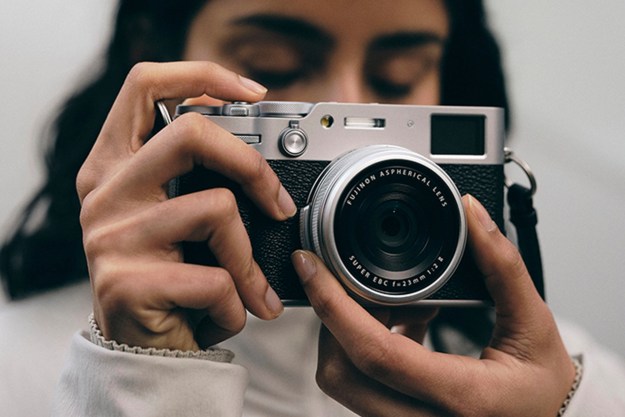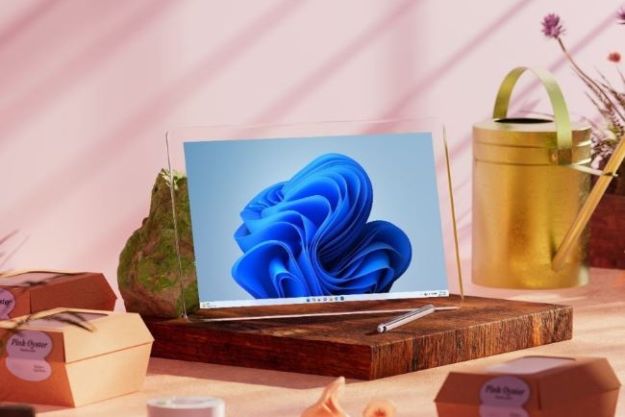
For without the groundbreaking research of Eric Fossum, George Smith, Nobukazu Teranishi, Michael Tompsett, and the late Willard Boyle, your smartphone camera might not even exist.
This week, the four surviving engineers were rewarded for their work in digital imaging technology across three decades, work that besides smartphones has also had a huge impact in other fields such as medicine and space research.
The prestigious Queen Elizabeth Prize for Engineering, which celebrates world-changing innovations in engineering, awarded the four inventors a cash prize of 1 million pounds (about $1.25 million) at a special event in London on Wednesday night.

This from the judging panel:
Together, this image sensor technology has transformed medical treatments, science, personal communication, and entertainment — from Skyping, selfies, computer games, and feature length digital movies to reporting live from wars using the small camera on a smartphone. It saves lives by using nonsurgical pill cameras and endoscopes inside our bodies to diagnose medical problems, as well as helping to reduce X-ray doses to patients and improving dental care.
Image sensors inside cars increase driver safety, enhance security on the streets, and expand our knowledge of the universe through images from the surface of Mars or a comet, from spacecraft in orbit around other planets, and the breathtaking pictures of some of the billions of galaxies surrounding the Milky Way.
The engineers are responsible for three digital imaging breakthroughs: the charge coupled device (CCD) found in early digital cameras; the pinned photodiode (PPD) that helped to scale down the size of light-capturing pixels and enhance image quality; and the complementary metal oxide semiconductor (CMOS) image sensor used by most of today’s digital cameras and imaging equipment.
Tomsett, who invented the first color digital camera, joked that he sometimes has mixed feelings about the technology he created, telling the BBC, “I have a sense of pride but I’m also somewhat frustrated by all the people that have cameras taking pictures of everything in sight, selfies on sticks … you’re walking along and the stick suddenly appears in front of you. I sometimes think, ‘Whoever invented this imaging technology should be dealt with.'”


